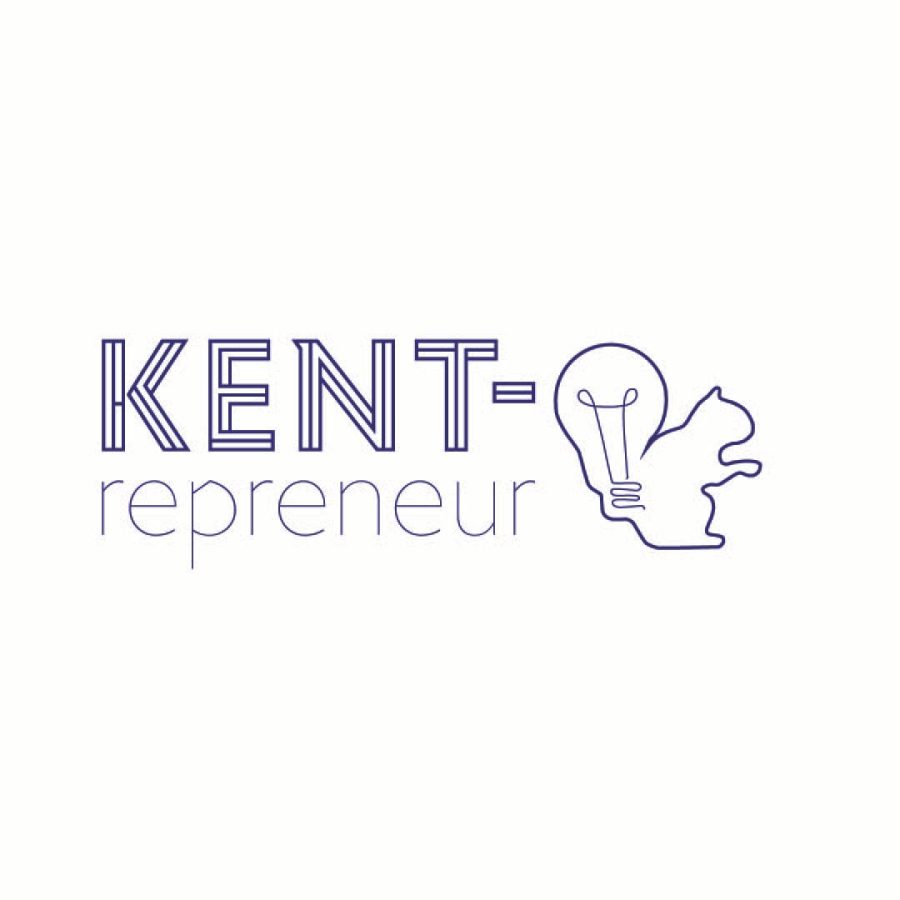KENT-repreneur Episode 6: KSU Tech Transfer
This week’s episode of Kent-repreneur focuses on the service that helps Kent State faculty members develop, research and market their innovative ideas.
Listen to “Episode 6: KSU Tech Transfer” on Spreaker.
Stephen Roberts is the director of KSU’s Office of Technology Commercialization and Research Finance.
“Universities have technology transfer officers who are responsible for helping faculty members protect the intellectual property of their inventions, so patenting or trademarking inventions,” Roberts said. “And then, once we get the intellectual property protected through filings with the U.S. patent and trademark office, then finding users for that technology.”
Roberts said tech transfer is an umbrella term for the many services his department provides faculty. They evaluate technology, assist with marketing and sales, as well as support start-up and economic development.
“Scientists are scientists and this is what they do,” he said. “They have ideas and work thoroughly in the lab and are very, very good at that, but selling an idea and creating a start-up company, that’s a whole different skill set than what they’ve worked on their career. Some faculty members are more entrepreneurial-minded than others, but we can help anybody.”
Roberts said the first step to getting this help is to contact the tech commercialization office and explain the idea.
“First, they would file what we call an invention disclosure form,” he said, adding that this form can be found on the department’s website. “Typically I’ll get a call from a faculty member saying I’ve come up with this new idea, this invention, so we take a look at that invention disclosure form, they tell us about who was involved in the invention of this; it might be grad students or faculty at other universities.”
From there, the office can help in numerous ways, such as working toward a patent. In some cases, staff can help provide financial support.
In 2017, KSU got a state grant to create a program called the TeCK Fund alongside Cleveland State. The TeCK Fund selection committee granted three Kent State teams $100,000 to build a prototype of their invention.
“It’s very difficult to take something that looks good in a lab, and that’s typically when we file the patent protection, when somebody has an idea … but it’s very hard to get that invention out of the lab and into the market,” Roberts said. “So we’re building prototypes … with the idea that we’ll find commercial markets for these inventions.”
Roberts said the TeCK fund recipients are from all different KSU departments.
“(The recipients) are varied, which is what we’d hoped,” he said. “We don’t want to just fund one department’s ideas.”
The first team is made up of professors Torsten and Elda Hegmann, from Kent State’s Liquid Crystal Institute. They developed glass sensors that detect dangerous gas and vapors that can attach to masks for firefighters or other first-responders. The second recipient, Angela Ridgel, is an exercise physiology professor who created a bike that can help remedy Parkinson’s disease symptoms. The third, Yanhai Du, an aeronautics and engineering professor, is working on new fuel cell technology.
Roberts said his office has also worked with professors in architecture and engineering, fashion, education, health and human services, as well as library science.
He also said he’s seen improvement over the past few years in KSU’s patent board because faculty members from different departments and perspectives have joined the group.
“The patent and trademark board is working more as it should be, instead of just a rubber stamp of approving all faculty members’ patents,” Roberts said. “This board has not been afraid to turn down ideas for patents if it didn’t seem like there was commercial potential, and I like that a lot.”
He said despite the challenges of the TeCK Fund, he hopes to get the state grant approved again so the program can continue.
“The office has never had funds before to pay to develop prototypes, so that’s been a learning process,” he said. “We’ve all learned that it’s hard to make these prototypes, it’s hard to build them and it takes time.”
For more information on the TeCK Fund and all other resources the Office of Tech Commercialization provides, check out its website.


